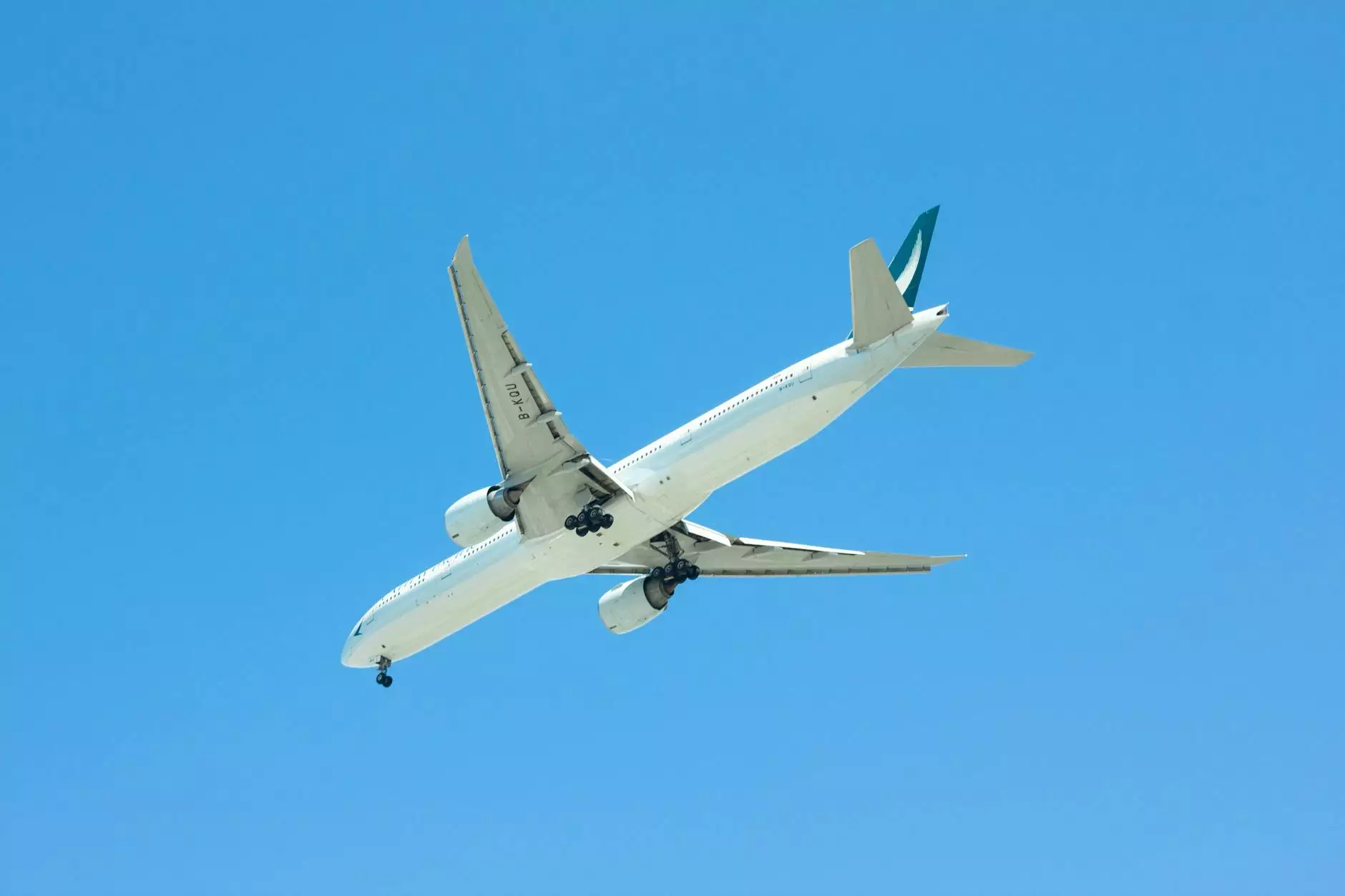Understanding Air Freight: A Comprehensive Guide

The world of air freight is crucial for businesses that require fast and efficient shipping solutions. In today's global marketplace, access to timely deliveries can significantly affect a company's competitiveness. As a result, many businesses, large and small, are looking for ways to calculate air freight charges online, allowing for better budgeting and logistics planning. This article provides valuable insights into air freight, including how it works, the factors influencing costs, and practical tips for managing your air freight needs.
What is Air Freight?
Air freight refers to the transportation of goods via air carriers. This method is favored for its speed and efficiency, especially for international shipping or remote destinations. Businesses often opt for air freight when they need to meet tight deadlines, transport high-value items, or require reliable delivery schedules.
Why Choose Air Freight for Your Business?
There are several compelling reasons to consider air freight for your shipping needs:
- Speed: Air freight is typically much faster than other shipping methods, significantly cutting down transit times.
- Reliability: Air carriers have strict schedules, which can lead to more predictable delivery timelines.
- Global Reach: Air freight allows businesses to access international markets with greater ease compared to ocean freight.
- Safety: Air freight is often more secure, minimizing the risk of damage or theft during transit.
Understanding Air Freight Costs
To effectively calculate air freight charges online, it's crucial to understand the various factors that influence the costs associated with air transportation. Below are key components:
1. Weight and Volume
Air freight pricing typically depends on the weight or volume of the shipment, whichever is greater. This is called the Total Chargeable Weight (TCW). The cost is calculated using a formula that converts the volume into a weight equivalent.
2. Shipping Distance
The longer the distance, the higher the cost. Shipping routes heavily impact air freight charges, as regional regulations, fuel prices, and airport fees can vary significantly.
3. Type of Goods
Certain goods may require special handling or packaging, significantly affecting transportation costs. For instance, hazardous materials or perishable items often involve higher fees due to additional safety measures.
4. Insurance and Duties
Insurance is critical for valuable shipments and can add to the overall cost. Additionally, import duties and taxes applicable to the destination country must also be factored into the total expenditure.
How to Calculate Air Freight Charges Online
With advancements in technology, businesses can easily calculate air freight charges online using various tools and resources available on the internet. Here’s a step-by-step guide on how to do it:
Step 1: Gather Shipment Details
To accurately estimate your air freight charges, gather the following information:
- Weight and dimensions of the shipment
- Origin and destination addresses
- Type of goods being shipped
- Required delivery speed (express, standard, etc.)
Step 2: Use Online Air Freight Calculators
Many logistics companies, including CargoBooking.aero, offer online calculators that can provide quotes based on the information gathered. Simply input your shipment details, and the system will generate an estimated cost.
Step 3: Review Additional Charges
In addition to base rates, consider any supplementary costs such as:
- Fuel surcharges
- Terminal handling charges
- Customs clearance fees
- Warehouse or storage fees
Step 4: Compare Quotes
Once you have calculated your charges, don’t hesitate to compare quotes from multiple freight providers. This can help you find competitive rates and better service options.
Optimizing Your Air Freight Operations
Calculating air freight charges online is just one aspect of a successful air freight operation. Here are several tips to optimize your air freight logistics:
1. Build Strong Relationships with Freight Forwarders
Partnering with a reputable freight forwarder can provide you with significant cost-saving opportunities and expert guidance on navigating international shipping regulations.
2. Invest in Technology
Utilizing technology such as Transportation Management Systems (TMS) can enhance visibility, streamline operations, and improve cost management.
3. Keep Abreast of Industry Trends
The air freight industry is continuously evolving. Keeping up-to-date with the latest trends, rates, and technological advancements can position your business for success.
4. Plan Shipments Strategically
Effective planning can minimize costs significantly. Consider consolidating shipments to maximize load sizes and reduce per-unit charges.
5. Regularly Review Your Shipping Processes
Conduct periodic audits of your air freight processes to identify inefficiencies and areas for improvement. This proactive approach can lead to significant long-term savings.
Conclusion
Calculating air freight charges online is an essential skill for businesses relying on air transportation. By understanding the influencing factors and effectively managing your air freight operations, you can optimize your logistics processes and enhance your overall productivity. The accessibility of online tools and resources makes it easier than ever to stay informed and make the best decisions for your shipping needs.
For more specialized assistance in air freight logistics, consider exploring the services offered by CargoBooking.aero. With their expertise and user-friendly tools, you can streamline your shipping experience and ensure timely deliveries.









